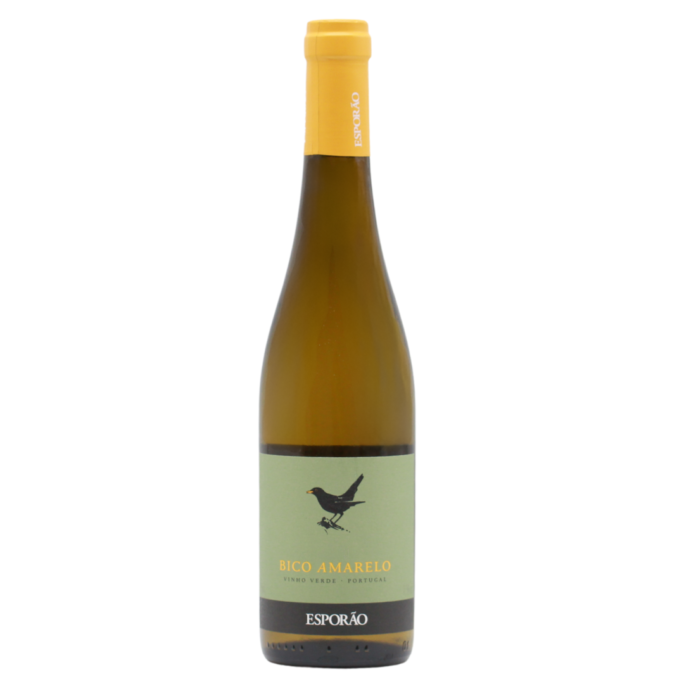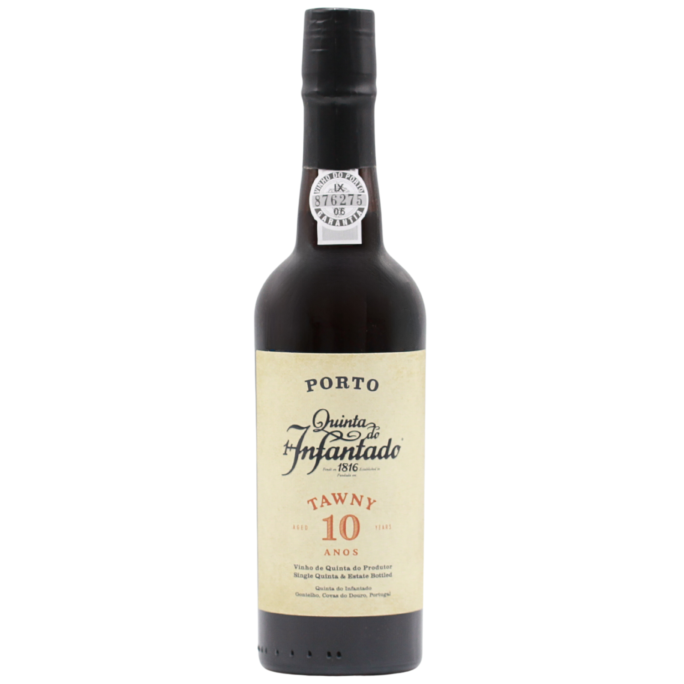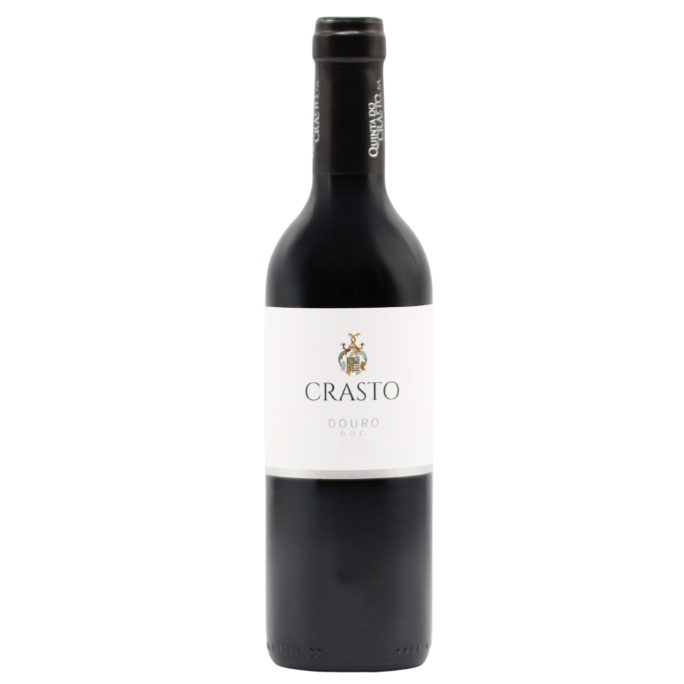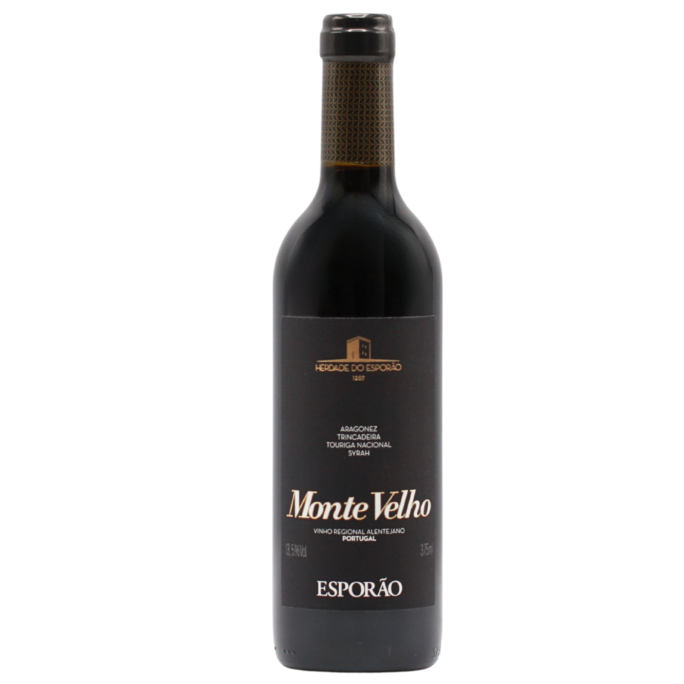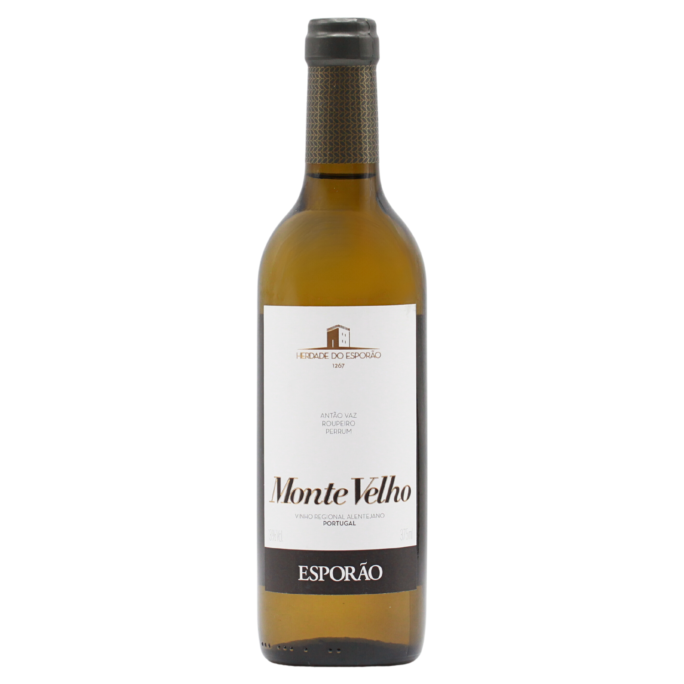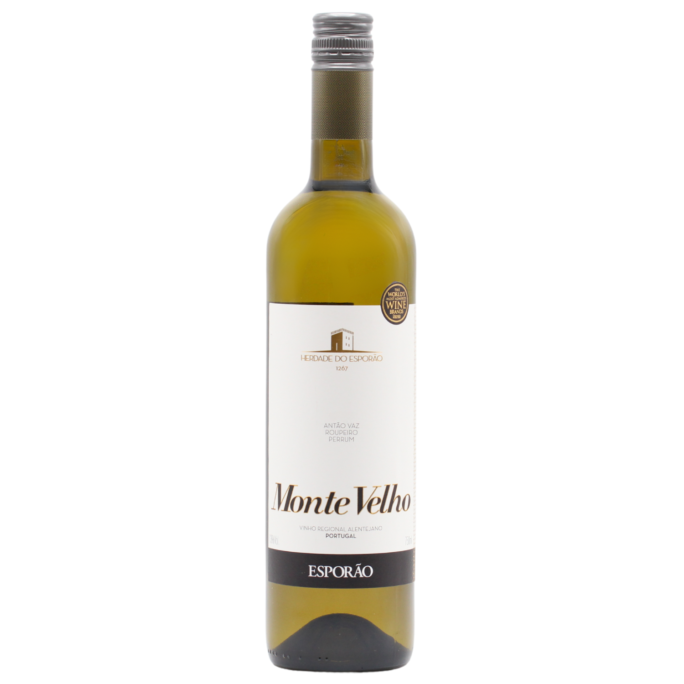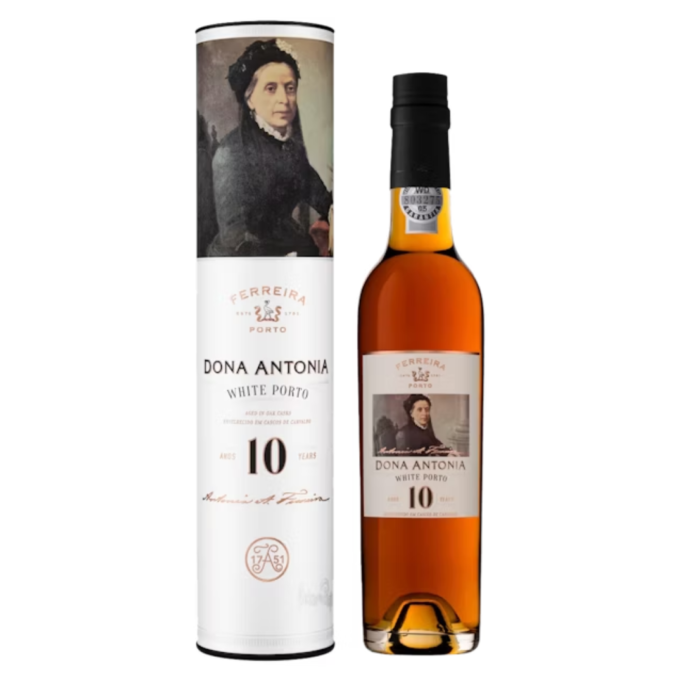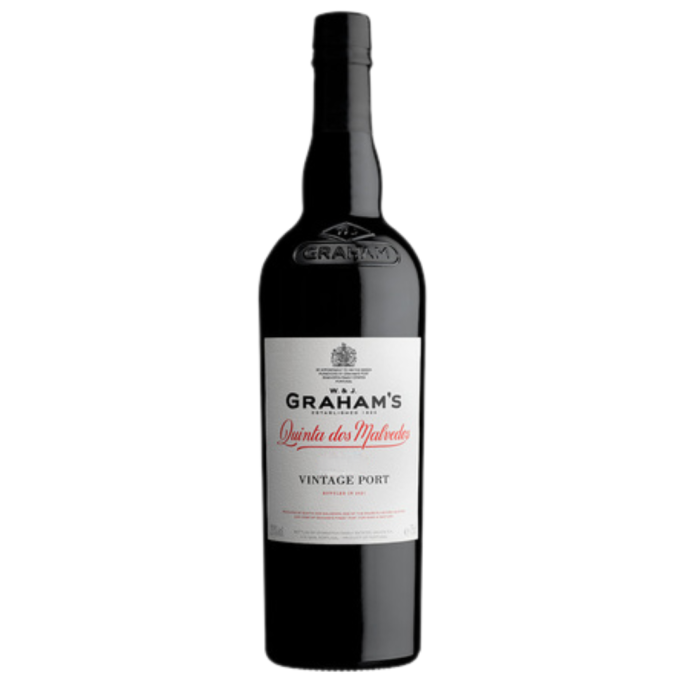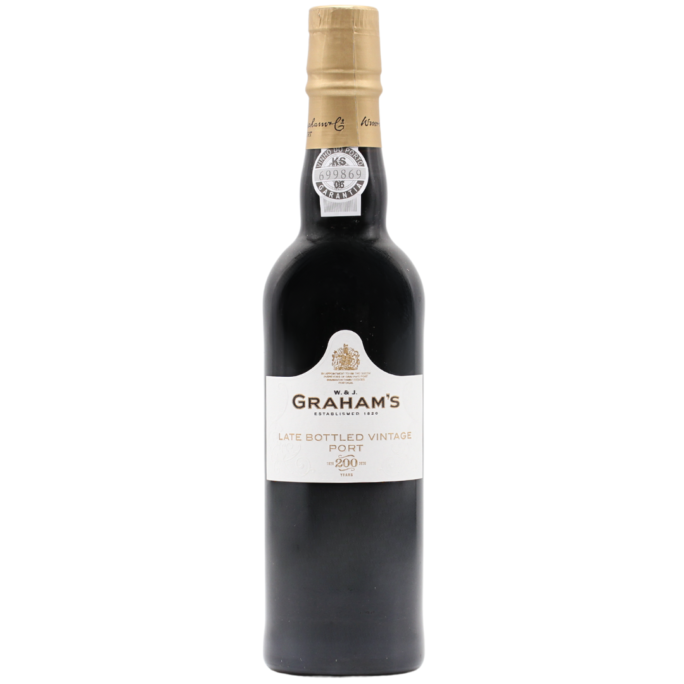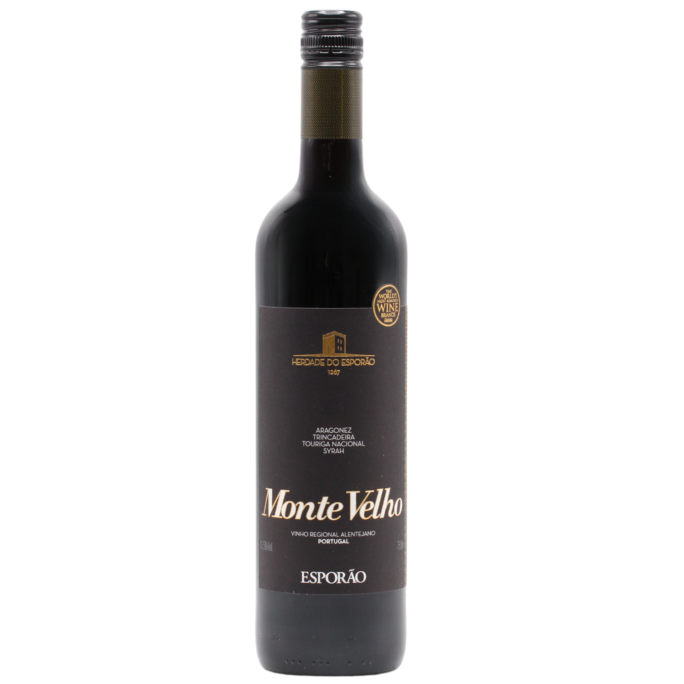Portuguese Wine
Showing all 10 resultsSorted by popularity
Showing all 10 resultsSorted by popularity
What Is Portugal Wine?
Portugal has a long and rich history when it comes down to winemaking, dating thousands of years to ancient civilisations. The earliest evidence of winemaking in Portugal dates back to Phoenician and Carthaginian settlements along the coast. These ancient civilisations introduced grape cultivation and winemaking techniques to the region, wine also dates just as far back to the Roman and Mediaeval period.
Portugal is home to a vast native grape varieties that are used to produce its diverse and unique wines. These grape varieties contribute to the distinct flavours and styles that characterise Portuguese wines. Some of the most prevalent and notable grape varieties used in Portuguese winemaking, often considered one of Portugal’s premier red grape varieties, Touriga Nacione is known for producing deeply coloured wines with intense dark fruits, violets and spices. These grapes are a key component ingredient in different types of Portuguese wines but especially in high-quality Ports and dry red wines.
A grape that is popular in the white wine industry is Arinto which is mostly known for its high acidity, Arinto has that stunning crispness, minerality and citrus flavours that are beloved in white wines by lovers across the globe. These are just a few examples of the many indigenous grape varieties found in Portugal. The country’s winemaking regions are home to a wealth of unique grapes, contributing to Portugal’s reputation for producing distinctive and diverse wines for people globally.
Portuguese wine making encompasses a range of traditional and modern techniques with some variations depending on a specific region, grape variety and style of wine that is being produced. The general winemaking process includes harvesting, destemming and crushing, fermentation and pressing. In Portugal the fermentation process of the crushed grapes, including the skins, seeds and juice are transferred to fermentation vessels. Fermentation can occur in stainless steel tanks, concrete vats or even traditional lageres (stone troughs). They also use indigenous or selected yeast stains to initiate fermentation, during which sugars are converted into alcohol.
Portugal Wine Types
Portugal produces a wide variety of wines that are unique in characteristics and style that are suited to that nation but these wines are becoming loved across the globe. One of Portugal’s most iconic and stunning wines is a Port Wine, a name that you might recognise due to its growing popularity! Port is a fortified wine that comes in various different types which include Ruby, Tawny, Vintage, Late Bottled Vintage ( LBV) and Colherita. Port wines are typically beautifully sweet and rich, often enjoyed as dessert wines or paired with cheeses.
If you’re looking for something more refreshing Portugal offers a gorgeous Vinho Verde which translates directly to “green wine” however it can be red, white or rose. It’s known primarily for his crisp acidity, light body and youthful character. Vinho Verde wines are often enjoyed young and are a great match for seafood.
Portugal Wine Regions
Portugal has a number of distinct wine regions, each with its very own climate , soil and grape varieties. One of the most famous and historic wine regions in Portugal, it’s known for producing the beloved Port wines as well as high-quality table wines. The region’s steep terraced vineyards along the Douro River create a stunning landscape. Both red and white wines are produced here.

